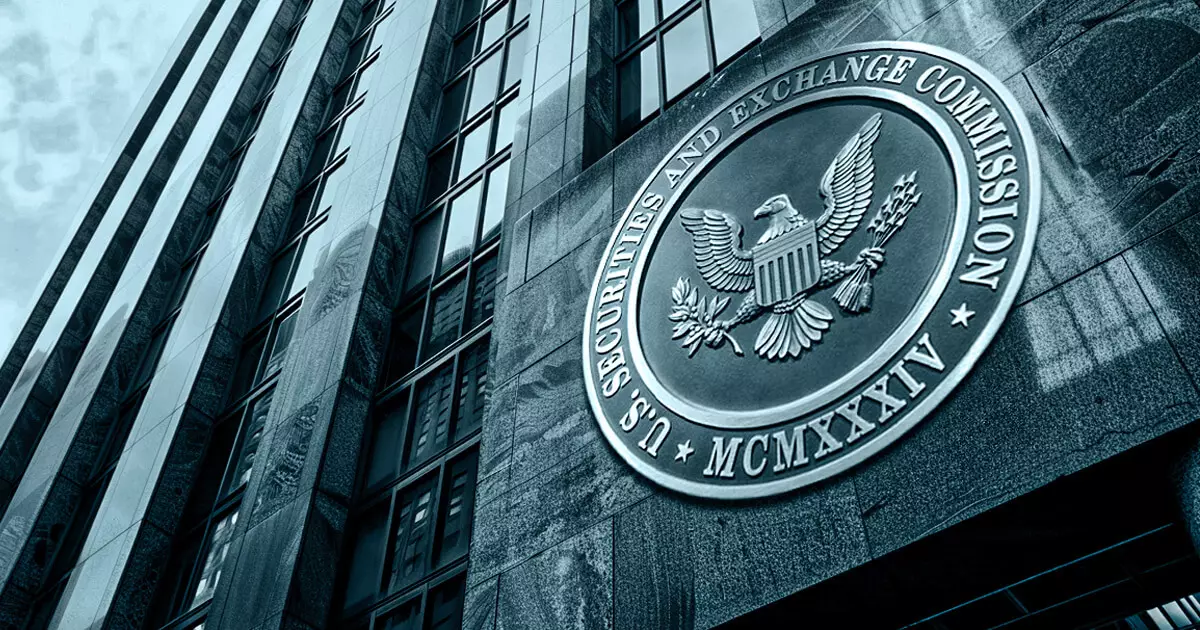The upcoming House Appropriation budget may hinder the US Securities and Exchange Commission (SEC) from moving forward with its contentious Staff Accounting Bulletin 121 (SAB 121). The bill under consideration would disallow the SEC from using allocated funds to enforce the rule. This restriction is significant as appropriations enable agencies to expend funds from the US Treasury for specific purposes. One provision in the budget explicitly states that the SEC is banned from implementing or enforcing SAB 121, which is believed to impose burdensome digital asset requirements.
The fate of the budget remains uncertain at this stage. With the House currently controlled by Republicans, the appropriation bill is anticipated to pass during a scheduled hearing on June 5. Nevertheless, the Senate, where Democrats and Independents hold a majority, will need to engage in negotiations over their own appropriations bill vis-a-vis the House’s version. Recent support from Democrats for a previous resolution, H.J. Res. 109, suggests that the Senate may choose to retain the provision within the budget. Aside from the stipulation related to SAB 121, the bill aims to allocate $2 billion to the SEC in 2025, which falls short of the $2.59 billion requested by SEC chair Gary Gensler.
SEC commissioner Mark Uyeda has expressed his preference for retracting SAB 121, characterizing the veto of H.J. Res. 109 by President Joe Biden as regrettable. Uyeda highlighted that the SEC’s introduction of SAB 121 through a regulatory pronouncement circumvented the rulemaking process delineated in the Administrative Procedure Act (APA). This circumvention, according to Uyeda, undermines the system of checks and balances designed to counteract an overreaching administrative state.
The sentiments articulated by Uyeda echo earlier critiques from fellow SEC commissioner Hester Peirce, who opined in 2022 that a bulletin was not the appropriate instrument for instigating relevant change. Both Uyeda and Peirce raised objections regarding procedural deficiencies rather than the precise content of SAB 121. Peirce even conceded that the decision itself could be deemed suitable.
SAB 121 mandates that financial institutions and other entities responsible for safeguarding digital assets on behalf of clients must disclose these assets on their financial statements. This method of accounting and disclosure is perceived to impose substantial capital and liquidity burdens on these entities. The US House and Senate previously voted in favor of H.J. Res. 109 to annul the bulletin, culminating in the Senate’s endorsement of the resolution on May 16. However, President Biden vetoed the resolution on May 31, arguing that its enactment could jeopardize the SEC’s integrity and threaten the welfare of consumers and investors. Despite Biden’s veto, various actors including House legislators, the American Bankers Association, and other organizations have urged the President to approve the resolution into law.
The impending budgetary restrictions on the SEC’s ability to enforce SAB 121 underscore the complex interplay between regulatory measures, political dynamics, and stakeholder interests within the financial sector. The ongoing debates and divergent opinions regarding SAB 121 demonstrate the intricate challenges inherent in crafting and implementing regulatory frameworks that balance innovation, consumer protection, and market stability.

